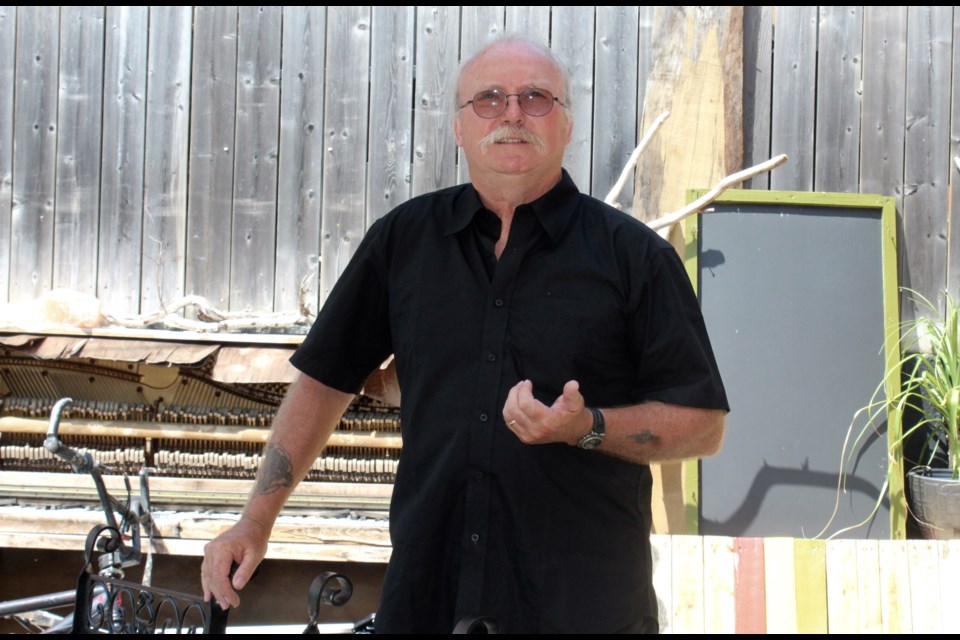In the four and a half years that Rick Sauve spent at Millhaven Institution in Bath, Ontario after being convicted of first degree murder, 15 people were killed and hundreds more beaten and stabbed.
He credits his own survival to creating a perception that he was capable of violence, and perfecting the ability to wake up immediately when a door was opened.
Sauve spent over 17 years in prison and today he works with high-risk youth in Toronto to keep them out of prison. Most, he says, are gang members. Coming from abusive or broken homes, with little hope, street gangs become another form of family. He says that the skills he developed in prison are paramount in helping to rid these youth of the notion that jail is a respite.
Sauve spoke to a small audience at the Unity Cafe in Barrie on Wednesday afternoon, on Prisoners' Justice Day.
"When I went to prison, I wasn't prepared for it," he said. "It was one of those things like falling through the rabbit hole into a world where I was scared and I didn't know if I was ever getting out.
"I thought about giving up. I thought about suicide. That's what happens . . . you tend to lose hope."
Lost hope was common for inmates and Sauve was determined to turn things around. Inspired by his daughter who was just four years old when he was convicted, he earned his high school diploma and then a university degree in psychology - the only course available online.
He had left school after Grade 9, when a teacher told him to get a job in a factory. In 1979 he was sentenced to life in prison for shooting a biker in a Port Hope, bar.
One of six Satan's Choice bikers convicted for the killing. Sauve put his sentence to good use and earned a degree in psychology from Queen's University, an honours BA in criminology from Ottawa U, and finished his thesis for a masters in criminology from Ottawa.
"It gave me something to do and it allowed me the opportunity to talk to my daughter and my family about something other than being in prison," he explained. "I didn't want to be one of those people who always talked about prison."
After being transferred to Collins Bay in Kingston, Sauve started an "Infinity Lifers Group" and continued his efforts to change the culture in prison and encourage people "that they can get out and there is a better life."
"Nobody thinks they are ever going to jail or prison, but it could happen to anybody," he said. "Prisons are filled with millions of hours of lost opportunity. I want people to know that there is hope."
The John Howard Society of Simcoe & Muskoka hosted the event to commemorate international Prisoners' Justice Day - one of hundreds across Canada and the world to heighten advocacy and remembrance of justice and human rights for inmates.
Prisoner’s Justice Day is held on the anniversary of the suicide death of Edward Nalon in a segregation cell in Millhaven Penitentiary on Aug. 10, 1974.
Participants were invited to write personal messages on tags including the names of individuals who have died while behind bars in Canada this year.
"We are calling on all concerned people to give support, better understanding, compassion and justice for all," said Keith Kacsuta, executive director of John Howard Society of Simcoe & Muskoka.
"Prisons can and do make people worse," he said. "Incarcerated people should be better off when they leave prison than they were when then entered."
